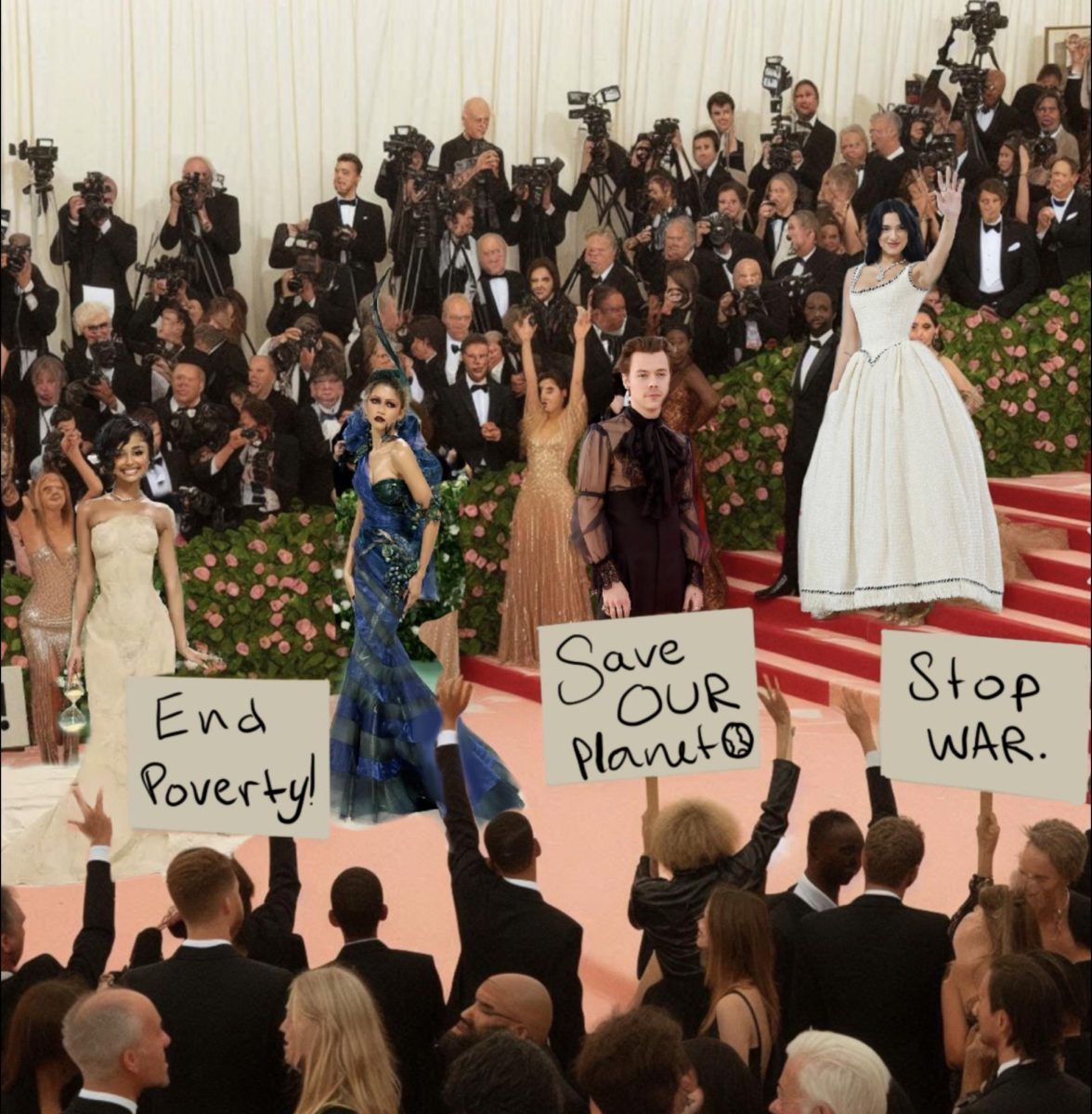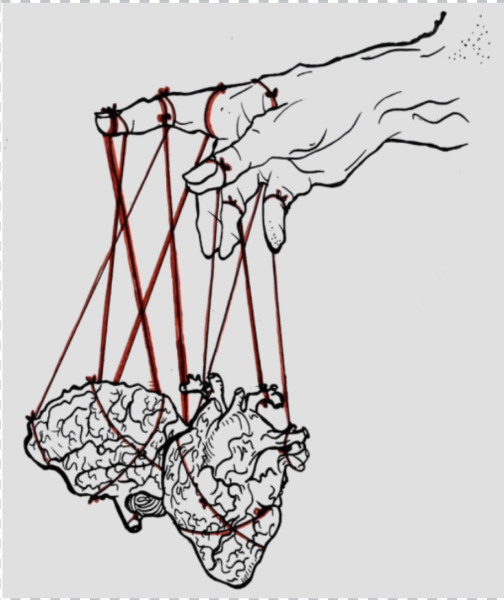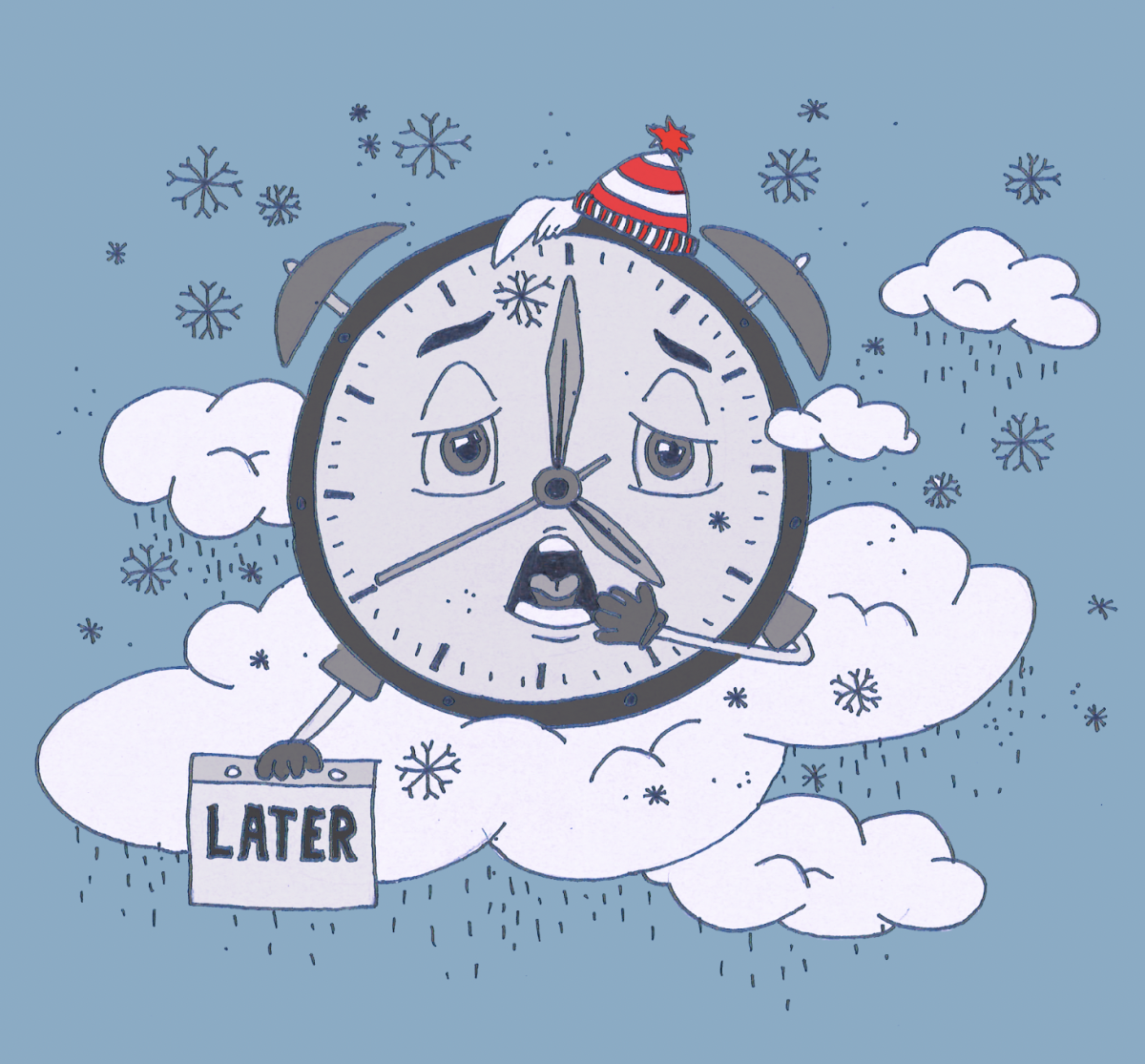As the holiday season approaches, I’m sure everyone reading this has at least one of the following celebrations to look forward to. As international school students, we’ve had lots of exposure to different cultures, and it is always important to consider and be aware of cultural events. Here, I will introduce the ones happening around this time of year. From Hanukkah to New Years, the next month is filled with festivities.
- Hanukkah
The first upcoming cultural holiday is Hanukkah, which begins on the 7th of December this year and lasts eight days. It is celebrated by Jews around the world, and thus mainly in Israel. It honours the Maccabean Revolt against the Seleucid Empire in the second century BCE, which began with the liberation of Jerusalem and the day that Judah rededicated the Temple to the Hebrew god. It also marks the miracle of light. The Talmud states that only one bottle of oil, which was enough to light the Temple’s candelabrum for a single day, was left by the Seleucids, a Greek empire that descended from the Macedonian family. To celebrate Hanukkah, people play dreidel, sing, exchange gifts, make sufganiyot (jelly doughnuts) that serve as a reminder of the oil that burned for eight days at the Jerusalem temple, and light candles for each of these days.
- Yule
The subsequent holiday is Yule, which begins on the 21st of December, and is celebrated by Pagans and Wiccans in Scandinavian and Nordic countries. It is also known as the winter solstice, and celebrates the shortest day of the year. Historically, Yule was a festival honouring the new sun. The majority of traditions originated during the Viking Age (793 AD–1066), a period of mediaeval Scandinavian history. People’s culture during this time was based on Norse mythology. Throughout the 12 days of this holiday, traditions include meals and gift giving. However formally, men would carry large Yuletide logs to their residences and set them on fire, while women decorated their homes with candles and evergreens to draw in the sunlight.
- Christmas
During Yule, another popular celebration begins. Christmas is celebrated on December 25th by Christians all over the world, but especially in the United States and Germany. It celebrates the birth of Christ, and in England, the term Christmas (also known as Christ’s Mass) originated in 1038. Early Roman history states that the date December 25 was first associated with the celebration in the fourth century. It is believed that early Christmas celebrations emerged from Roman and other European festivities that commemorated the winter solstice and the end of the harvest. Christmas is observed by exchanging presents, decorating homes, holding festivals or parties, sharing time for prayer, and sharing food and beverages.
- Kwanzaa
The day just after Christmas, Kwanzaa commences and lasts until the first of January. Many African Americans of any religion celebrate this holiday primarily in the US, but also in many other countries. It celebrates the family, community, culture, history, and values of African Americans and their heritage. One of the languages spoken most frequently in Africa, Swahili, is used for expressing the values and ideas of Kwanzaa. The celebration entails candle lighting, feasts, and reflections on previous challenges and future aspirations.
- New Year’s
Finally, probably one of the most popular and globally celebrated events; New Year’s. Celebrated from the 31st of December though to the 1st of January all over the world. Around 2000 B.C, New Year’s festivities were first documented in Mesopotamia. The Roman god of beginnings, Janus, was honoured somewhat by the date’s selection. Although Christians in the Middle Ages tried to replace January 1 with other days that had greater religious significance, in 1582 Pope Gregory XIII changed the calendar and declared January 1 to be New Year’s Day. It is celebrated by eating, drinking, dancing, and setting off or watching fireworks. A watchnight service is attended by some Christians. Usually, festivities continue past midnight into January 1st, New Year’s Day.
In all of these celebrations, we can see that it’s all about spending time with the people you love and appreciating everything you have. It is clear that all of these events convey a message of unity and shared humanity, and that in the end, knowing about events that you may not celebrate encourages understanding and diversity.







